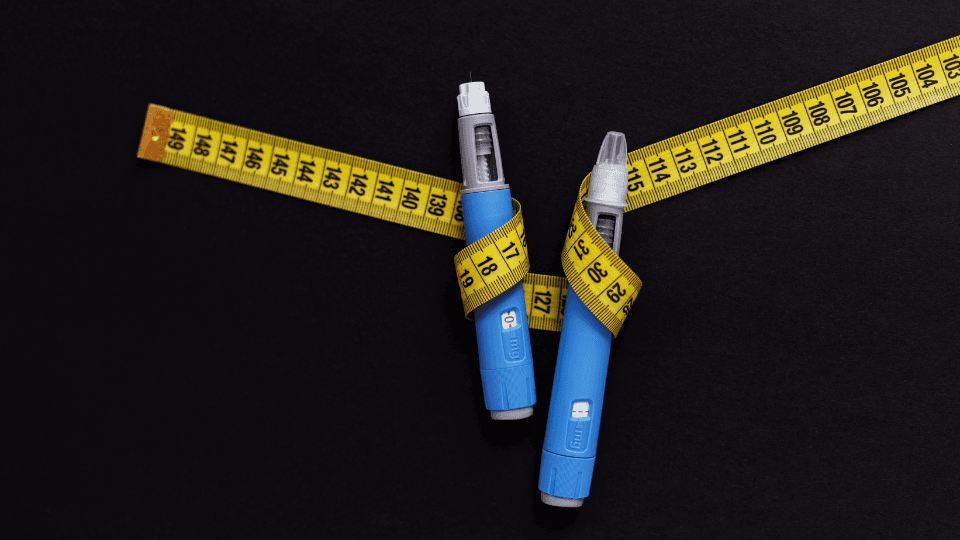Back
04 Jan 2024
The runner's high: experience endurance euphoria

Gabriella Florence | Sports Scientist
Get out there and get your fix.
In this post, we’ll explore the joys of the runner’s high, the science behind it, and even some tips on how to experience it yourself. Whether you’re a seasoned endurance athlete or just starting out, it’s time to dive into this fascinating topic.
Firstly, what is the runner’s high?
The runner’s high is a brief period of intense happiness or euphoria that athletes may experience during or after prolonged, vigorous endurance exercise. Contrary to the name, it is not exclusive to runners. Although runners are the more likely candidates, any vigorous endurance exercise can trigger a runner’s high. Good news for our swimmers, cyclists, and rowers!
What causes it?
The runner’s high remains somewhat of a biological mystery. It was first documented in the 1970s when researchers discovered that prolonged running produces endorphins (our body’s natural painkillers). Later research showed that endocannabinoids (mood-elating neurotransmitters) and reduced leptin levels (a hormone that regulates hunger and satiety) may also play a role.
Are there other benefits of the runner’s high?
Yes! Besides the health benefits of engaging in regular endurance exercise, experiencing a runner’s high can reduce stress, improve mood, and even help with symptoms of depression and anxiety. The post-run euphoria can also boost your confidence and self-esteem (especially when you achieve new athletic goals) while the post-exercise release of endorphins can help to reduce pain and discomfort.
How can I achieve a runner’s high?
It’s a little more complicated than simply going for a once-off run. Researchers have not figured out the precise formula just yet, but certain factors can increase your odds:
Go the distance. Aim for at least 20 minutes of continuous, vigorous exercise. A 1-minute sprint or 5-minute push just won’t make the cut.
Push your limits. Up the tempo gradually and you’ll increase your chance of experiencing a runner’s high. A morning stroll, no matter how long, won’t work.
Include endurance training. While all exercise is beneficial for your health, strength training won’t cause a runner’s high. Be sure to include some endurance exercise in your regime. Think cycling, swimming, running and rowing.
Enjoy the process. There’s more to a runner’s high than the euphoria. Be mindful of the experience leading up to that point, from your breathing and the rhythm of your strides to your surroundings.
The runner’s high offers a natural euphoria and can lower stress, reduce pain, and improve your mental health. So, get out there and push your limits. You might just end up on cloud 9.











